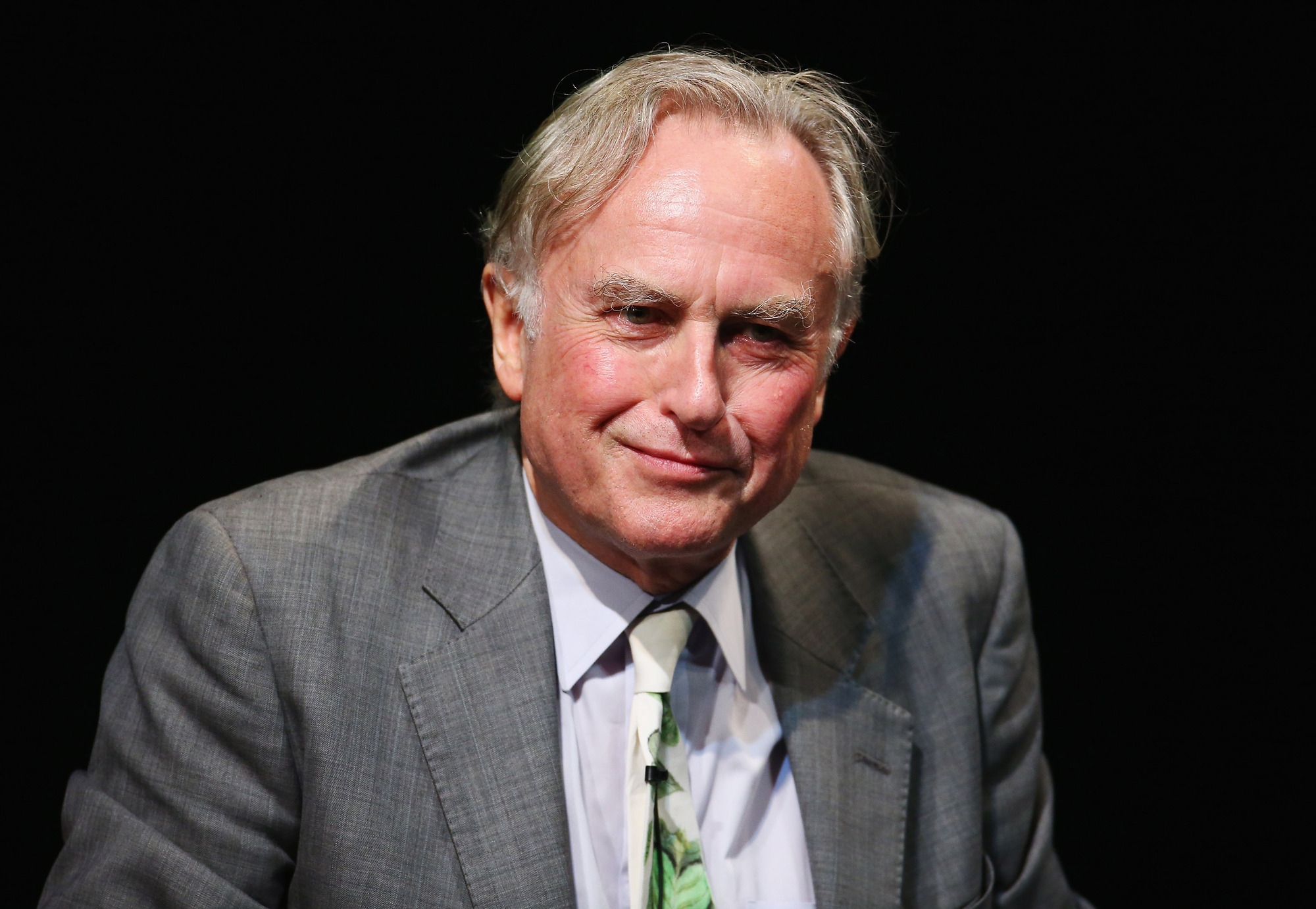Despite decades of championing atheism, the evolutionary biologist Richard Dawkins described himself on LBC this weekend as a “cultural Christian”. This, many have hastened to point out, is not novel: he has identified as such since 2007, and says little in the interview that he has not expressed elsewhere (albeit this time with an added dig at recent public displays of Islam, which he claims is not, unlike Christianity, a “fundamentally decent” religion).
This means he is “happy” that “the number of people who actually believe in Christianity is going down” but would “not be happy” if “we lost all our cathedrals and our beautiful parish churches”. Given the correlation between the two, such an attitude hardly seems tenable. It is, as American cultural commentator Rod Dreher remarked, as absurd as someone who “greatly enjoys eating, but is also glad that farms in his country are closing and that gardens are not being planted”.
That the fruits of Christianity can be saved while its roots are severed speaks to a naivety that is perhaps typical of Dawkins’s generation. Baby boomers wanted to tear down the conventions of traditional society and yet, at the same time, overwhelmingly benefitted from them. They championed the sexual revolution, for example, but have themselves enjoyed the stability of monogamous marriage. Dawkins’s belief that it is possible to reap the cultural benefits of Christianity while publicly undermining its legitimacy is perhaps an expression of this generational mentality.
But it is also a belief — and a naivety — that goes back to the European Enlightenment. Though Dawkins’s embrace of “the Christian ethos” might seem surprising given the extremity of his anti-religious polemics, his position is remarkably similar to that of modernity’s founding fathers. Like him, the liberals of the 17th and 18th centuries believed it was possible to renounce the truth claims of Christianity while still upholding its social and cultural mores.
Locke, for example, was highly critical of the “superstitions” of traditional religion, yet his political philosophy rested upon Christian foundations. He took it for granted that people would exercise liberty in accordance with basic Christian morals, the truth of which he deemed so ubiquitous that it did not need to be explicitly stated. Locke assumed that even a secular society would be governed by citizens with a Christian character and culture, even when there was no religious or political order to shape and sustain them.
A closer parallel can be drawn with the French liberal theorist Montesquieu. Perhaps the Dawkins of his time, Montesquieu ruthlessly refuted and mocked religious beliefs, but took an instrumentalist view of their social order. “We owe to Christianity,” he wrote, “a certain political law, and in war a certain law of nations — benefits which human nature can never sufficiently acknowledge”. He too was especially eager to assert the superiority of this system in the face of Islam, writing that “while the Mahommedan princes incessantly give or receive death, the religion of the Christians renders their princes […] less cruel.” For Montesquieu as with Dawkins, Christianity is a “fundamentally decent” religion — a fundamental decency he believed was so self-evident that it could survive any attack on its truth claims.
Enlightenment thinkers such as Locke and Montesquieu were all, in a sense, “cultural Christians”. Yet history has not vindicated their naivety. Without public religion, their legacy has mutated into something very different: anarchic systems of self-interest which undermine the virtues upon which liberalism was originally premised. In a pluralistic age, Christianity has become just one of many options from which to choose. And why, when it is increasingly unconvinced of its own identity, would they choose Christianity?
The reason why Islam is rising, to Dawkins’s “slight horror”, is precisely because it is willing to assert its spiritual legitimacy. Cultural Christianity may seem like a sustainable position for those of a generation which has just about managed to keep the vestiges of tradition intact. But with belief rapidly declining and those beautiful parish churches struggling to survive, it is evidently not sustainable. Like any organism, Christianity must recover its roots, or it will die — a fact of life which, as an evolutionary biologist, Dawkins ought to appreciate.










Join the discussion
Join like minded readers that support our journalism by becoming a paid subscriber
To join the discussion in the comments, become a paid subscriber.
Join like minded readers that support our journalism, read unlimited articles and enjoy other subscriber-only benefits.
Subscribe